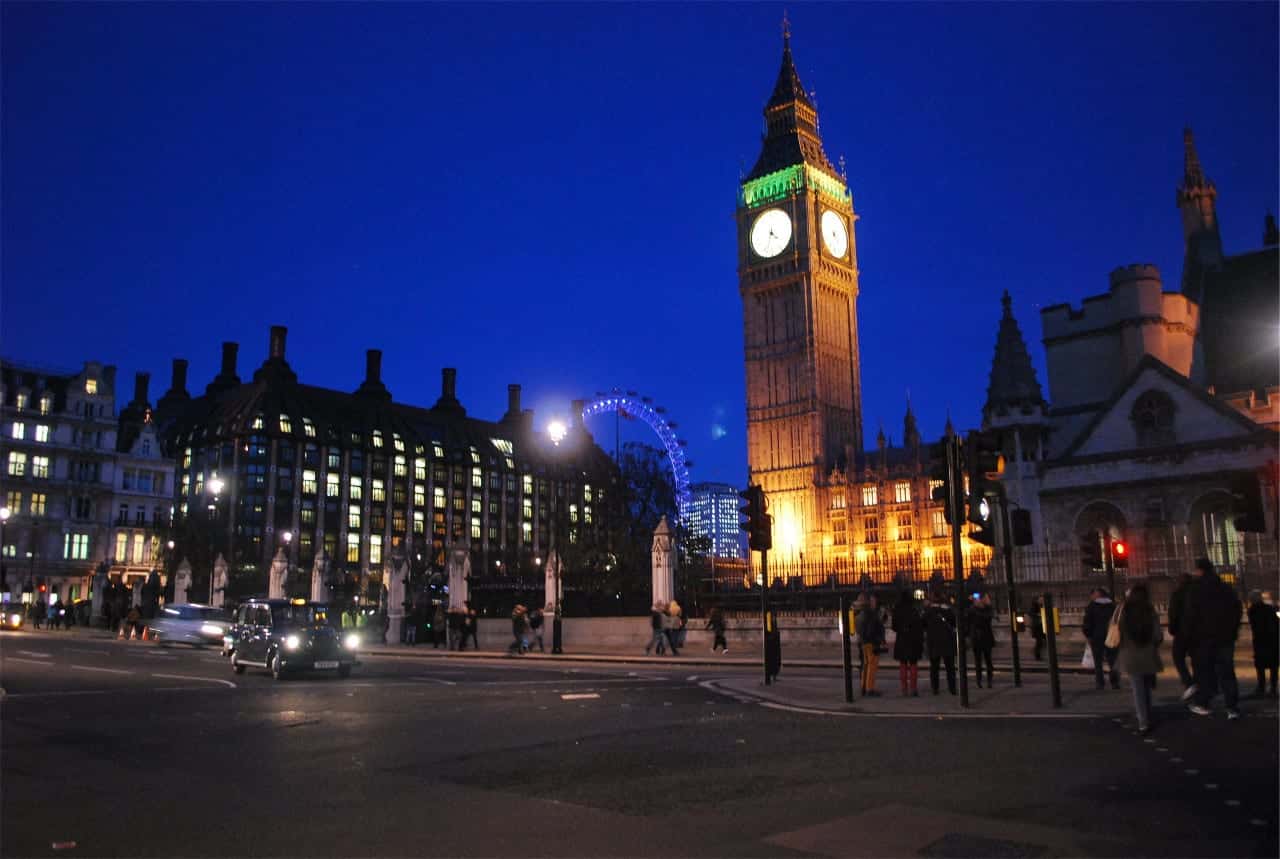The city of Edinburgh, Scotland, U.K. has a big plan to place solar panels on buildings across the city. The community-owned panels will be installed under a partnership with the Edinburgh Council and Edinburgh Community Solar Co-operative (ECSC), and supported by Energy4All. The solar panels will be installed on schools, community centres, among others. This project is expected reduce carbon dioxide emissions by 855 tonnes per year.

Vice Convener of Transport and Environment, Councillor Adam McVey, said:
‘This is fantastic news for Edinburgh and will bring long-term environmental, social and economic benefits. Community energy co-operatives allow local people to play a part in building a greener, more sustainable environment whilst raising awareness more generally about the importance of being energy-efficient. We are aiming to meet our target of reducing Edinburgh’s carbon emissions by 42% by 2020 and this project is an important step towards us achieving this.’
Individuals and organizations can invest in the initiative by purchasing shares. Priority will be given to residents of Edinburgh.
Some will complain that this initiative is radical, but it was long overdue. Climate change was discovered to be a significant issue way back in the 1980s, and has since been confirmed to be causing issues around the world, including glacial melting and erratic weather. Well over 20 years later, the majority of the world’s population is still debating whether or not it’s real! Reliance on fossil fuels has caused a host of problems, including air pollution, climate change, and economic instability due to fluctuating energy prices (for example: 2008’s oil price spike).
Climate change alone causes a host of issues, including rising sea levels, downright erratic weather (this really has the potential to wreak havoc). It is a threat to the oceanic conveyor belt (thermohaline circulation), glacial water supplies (glaciers are a major source of fresh water, which has become increasingly scarce around the world).
Dr Richard Dixon, Chair of the ECSC, said:
‘2015 is an important year for climate change, with the world’s nations supposed to agree new global targets in Paris at the end of the year. Around the world local people are creating their own solutions to climate change by investing in local renewable energy schemes. The Edinburgh scheme is a winner all round because it will reduce climate emissions and provide cheap energy for schools and other Council buildings. Local people will also get a decent return on any money they choose to invest.’
Benefits Of Rooftop Solar Schemes
What is the number one disadvantage of solar power that you’ve heard? The high cost of it? Maybe the fact that cloud cover can significantly affect power output. Both of those disadvantages are significant issues, however, they aren’t what they seem, and both are exacerbated by going the route of centralized solar systems, while both issues can be mitigated by choosing a distributed/rooftop solar scheme. Distributed solar systems are spread out over many miles, lessening the likelihood of significant cloud cover. Clouds can only be so big.
Also bear in mind that both centralized and distributed solar systems serve their purpose, and that a combination of both is best. Centralized solar power plants are the best at powering tall, narrow commercial buildings that lack the roof space required for solar panels.





